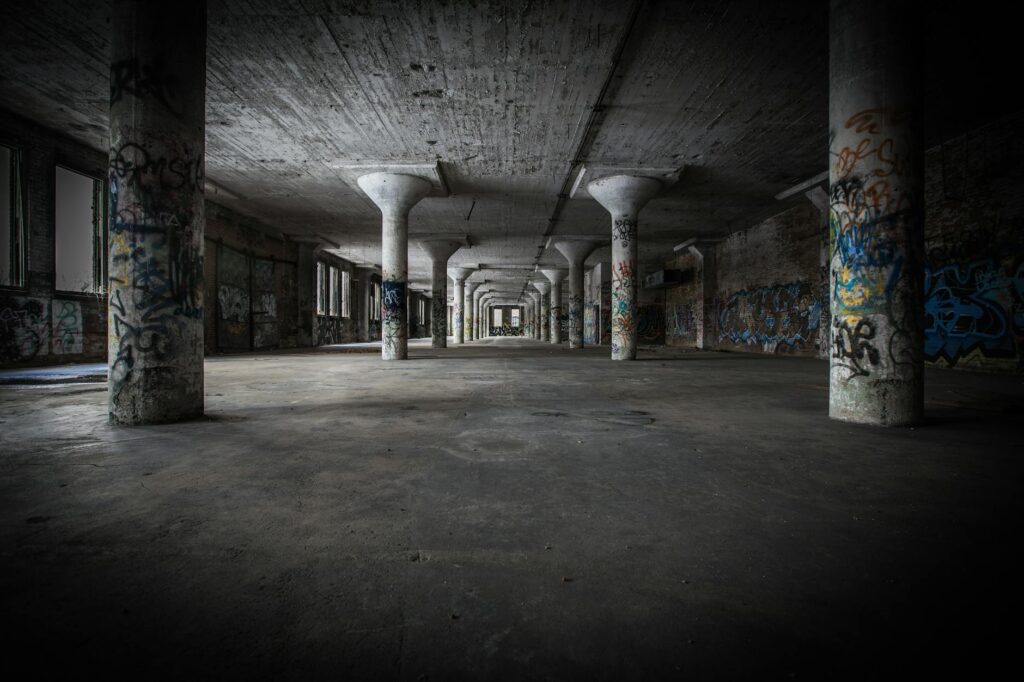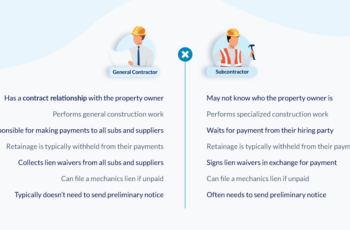Thinking about poured concrete walls for your next project? They offer a unique blend of modern aesthetics and robust durability. Let’s delve into the world of poured concrete walls, exploring their benefits, construction, and considerations.
Types of Poured Concrete Walls
There are several types of poured concrete walls, each with its own strengths. Common types include Insulated Concrete Forms (ICFs), which offer excellent insulation, and traditional poured-in-place concrete walls, known for their strength and longevity. Choosing the right type depends heavily on your project’s specific needs and budget. Learn more about ICF construction.
Advantages of Poured Concrete Walls
Poured concrete walls provide numerous benefits. Their exceptional strength and durability make them highly resistant to damage, while their inherent fire resistance adds a crucial layer of safety. They’re also excellent sound insulators, creating a peaceful interior. 
The Poured Concrete Process
The construction process begins with formwork—building a temporary mold to hold the concrete. Reinforcing steel bars (rebar) are then added to enhance strength. Finally, the concrete is poured and carefully vibrated to remove air bubbles, ensuring a solid and uniform wall. Watch a video on concrete pouring techniques.
Design Considerations
The design possibilities with poured concrete are virtually endless. You can create textured surfaces, integrate various colors, or even incorporate other materials for a truly unique look. However, careful planning is crucial to ensure structural integrity and avoid potential issues. Check out some inspiring poured concrete designs.
Cost and Budget
While poured concrete walls can be more expensive upfront than other wall types, their longevity and reduced maintenance costs often offset this. The total cost varies widely depending on factors like the wall’s size, design complexity, and the chosen type of concrete. Get a rough cost estimate using this online calculator.
Maintenance and Longevity
One of the most significant advantages of poured concrete is its low maintenance requirements. Unlike wood or brick, it’s highly resistant to rot, insect infestation, and weathering. Regular cleaning and occasional sealing are usually all that’s needed to maintain its appearance and structural integrity for decades. [IMAGE_2_HERE]
Environmental Impact
The environmental impact of poured concrete is a factor to consider. While concrete production does involve carbon emissions, the use of sustainable practices, such as incorporating recycled materials and reducing water usage, is increasingly common. Discover eco-friendly concrete solutions.
Choosing the Right Contractor
Selecting an experienced and reputable contractor is crucial for a successful poured concrete wall project. Look for a contractor with proven experience in handling similar projects, and always ask for references and check their credentials. [IMAGE_3_HERE]
Poured concrete walls offer a durable, aesthetically pleasing, and versatile construction option for a variety of projects. By carefully considering the different types, design aspects, and potential costs involved, you can make an informed decision that meets your specific needs and preferences. Remember to consult with professionals for detailed advice and planning.
Frequently Asked Questions
What are the benefits of using poured concrete for walls? Poured concrete walls offer superior strength, durability, fire resistance, and sound insulation compared to many other building materials.
How long does it take to build poured concrete walls? The construction time varies depending on the size and complexity of the project, but it generally takes longer than building with other materials.
How much does poured concrete cost compared to other wall materials? The initial cost is generally higher, but the long-term cost savings due to low maintenance can make it a worthwhile investment.
What type of foundation is needed for poured concrete walls? The foundation requirements depend on the size and load-bearing capacity needed, and it’s crucial to consult with a structural engineer.
Are poured concrete walls suitable for all climates? Yes, with proper design and construction techniques, poured concrete walls can withstand various climates.

